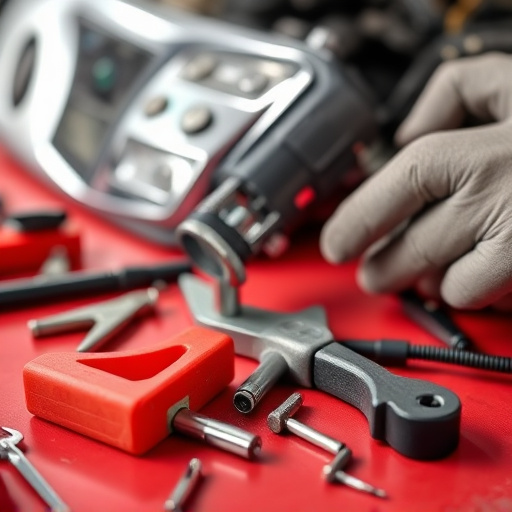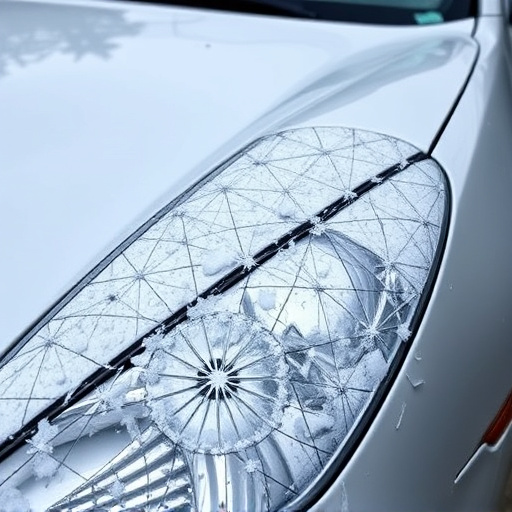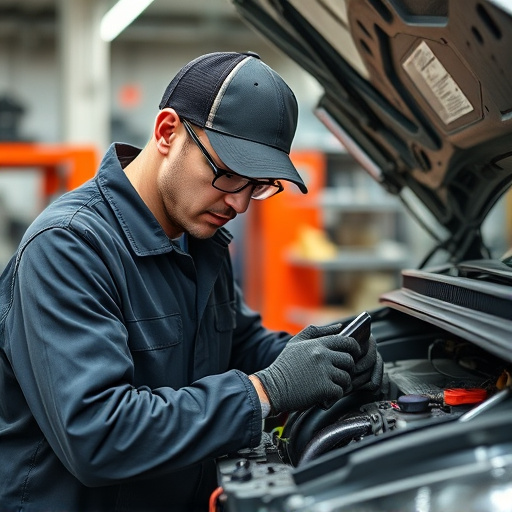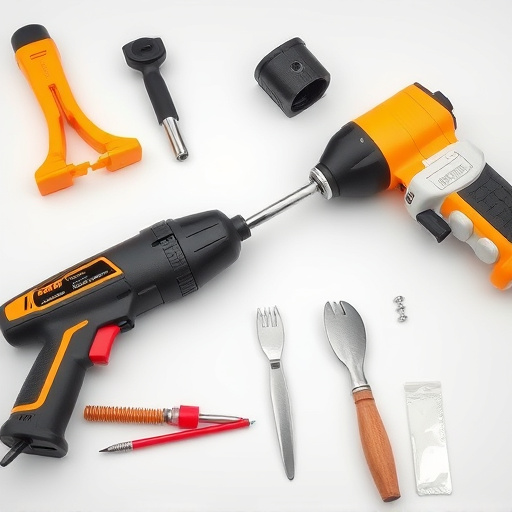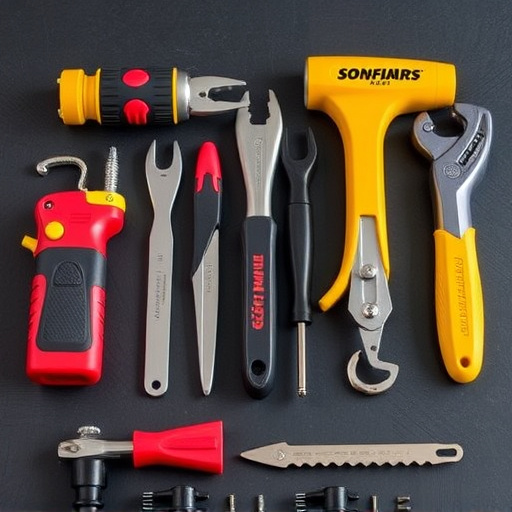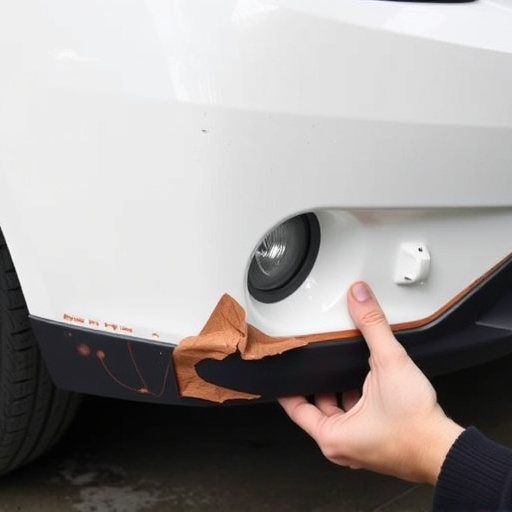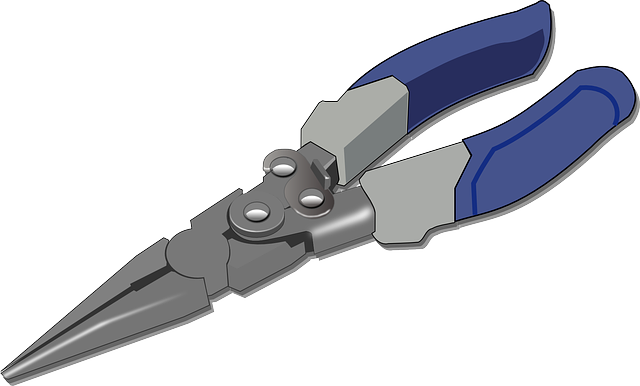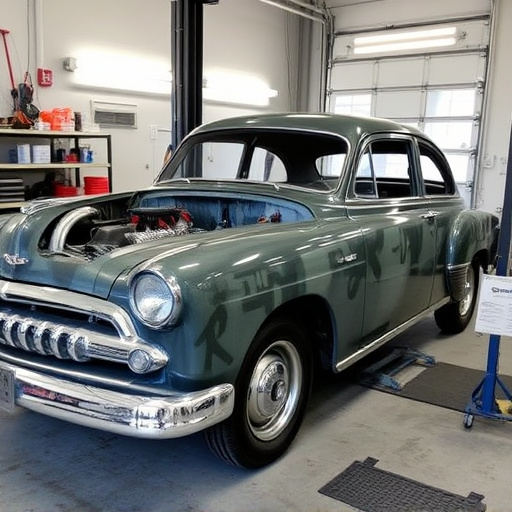Diagnostic scan collision repair revolutionizes vehicle damage assessment, detecting even subtle issues missed by visual inspections. This advanced technology ensures accurate identification and discreet repairs, preserving or enhancing a car's resale value. Strategic post-repair practices, including transparent communication, use of OEM parts, and detailed records, further protect resale value and build buyer confidence.
In today’s digital era, diagnostic scans have become an integral part of collision repair processes. These advanced tools provide detailed insights into a vehicle’s condition, ensuring precise and efficient repairs. However, the impact of these scans on resale value is often overlooked. This article delves into the intricacies of diagnostic scan collision repair, exploring how it influences vehicle resale value. We’ll discuss strategies to mitigate potential negative effects, helping car owners make informed decisions for optimal resale.
- Understanding Diagnostic Scans in Collision Repair
- Impact on Vehicle Resale Value: The Big Picture
- Strategies for Mitigating Negative Effects on Resale
Understanding Diagnostic Scans in Collision Repair

Diagnostic scans have become an integral part of modern collision repair processes. These advanced tools provide detailed insights into a vehicle’s structural integrity and damage, ensuring repairs are precise and comprehensive. A diagnostic scan collision repair involves using specialized equipment to analyze sensor data from various components, such as frames, suspension systems, and safety devices. This technology goes beyond visual inspections, picking up on even the subtlest discrepancies that might be invisible to the naked eye.
By employing diagnostic scans, auto repair shops can accurately identify issues related to hail damage repair or other types of vehicle mishaps. This precision leads to more effective and efficient repairs, ensuring vehicles return to their pre-accident condition. For consumers, knowing that a shop utilizes these methods for auto repair near them instills confidence in the quality of service provided, ultimately affecting the vehicle’s resale value positively.
Impact on Vehicle Resale Value: The Big Picture

Diagnostic scan collision repair plays a pivotal role in determining a vehicle’s resale value. After a collision, traditional auto body repairs often leave behind signs of damage that can be spotted by potential buyers. However, advanced diagnostic scans enable technicians to accurately assess and fix issues without leaving visible scars. This not only enhances the overall aesthetic appeal but also preserves the vehicle’s original value.
The benefits extend beyond aesthetics. A thorough diagnostic scan can reveal hidden damages that might have gone unnoticed, such as frame misalignments or underbody repairs. By addressing these issues proactively, auto repair shops can prevent further complications down the line, ensuring the vehicle maintains its resale value over time. Moreover, with paintless dent repair techniques gaining popularity, vehicles can be restored to near-original condition, making them more attractive to prospective buyers seeking top dollar for their trade-ins or resales—a trend that is increasingly common in today’s competitive automotive market, especially when considering options like vehicle dent repair close by through reliable auto repair services.
Strategies for Mitigating Negative Effects on Resale

To mitigate the potential negative effects of diagnostic scan collision repair on resale value, vehicle owners and repair shops must adopt strategic approaches. First, comprehensive communication is key; clearly explaining the scan results and proposed repairs to buyers can dispel fears about hidden damage or needed work. Transparency builds trust and ensures informed decisions.
Second, prioritizing high-quality, original equipment manufacturer (OEM) parts for car bodywork repairs enhances the vehicle’s appeal to potential buyers. These parts ensure precision fitting, superior durability, and a seamless finish that aligns with the vehicle’s initial quality standards. Additionally, keeping detailed records of repair work, including the use of specialized diagnostic tools like those employed in diagnostic scan collision repair, can demonstrate responsible ownership and transparency when presenting the vehicle for sale.
Diagnostic scans in collision repair play a significant role in determining a vehicle’s resale value. While these advanced tools provide crucial insights into vehicle conditions, they can also impact resale negatively if not managed properly. By understanding the process and implementing strategies to mitigate potential drawbacks, such as transparent communication with buyers and maintaining detailed records of repairs, car owners can ensure that their vehicles retain maximum value in the secondary market.
